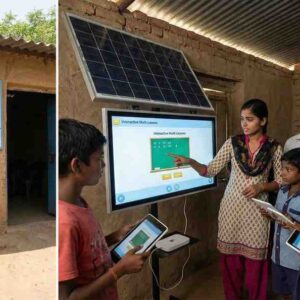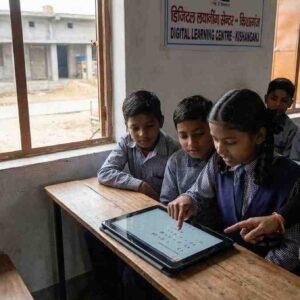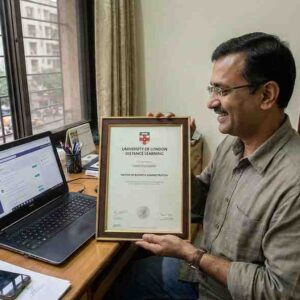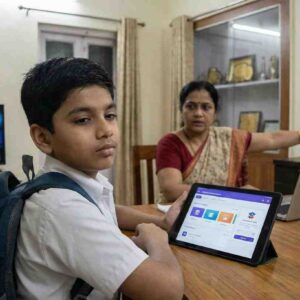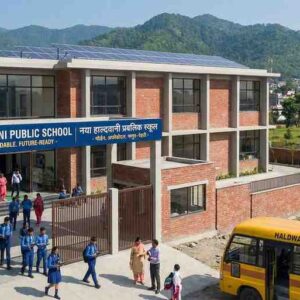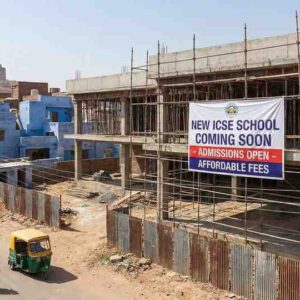With India’s National Education Policy (NEP) introducing a progressive academic framework, the debate intensifies: Are we redefining education or amplifying pressure?
The NEP promises to shift focus from rote memorization toholistic learning, but what does it look like on ground zero? Schools across India are scrambling to align curriculums with the NEP’s ambitious ideals. Yet, in the process, an uncomfortable reality emerges—the glorification of academics as the ultimate metric of success.
A Complex Ideal
NEP calls for multidisciplinary learning, creative skills, and reduced exam stress. Buthas the traditional Indian obsession with marksquietly rebranded itself under “holistic progress”? Instead of simplifying learning, many schools are nowstacking additional subjects, extracurricular goals, and ‘learning outcomes’ onto overwhelmed students.
Parents, often forced into this high-stakes marathon, question:
“Is my child genuinely learning, or just ticking NEP boxes for institutional rankings?”
The Silent Divide
The shift also exposesIndia’s deep rural-urban education divide. Urban schools flaunt innovation labs and hybrid models, but rural schools struggle for basic infrastructure. NEP’s vision may be clear, but its accessibility remains blurred.
Who Benefits?
With a surge oftech-driven solutionsmarketed as the answer to NEP’s demands,new-age EdTech startupsare cashing in. Digital tools promise miracles but rarely address real problems—teacher training, affordability, and localized learning solutions. Are we fostering equality or deepening disparity?
Redefining Schools: But For Whom?
The NEP’s focus on academics—though ambitious—now raises tough questions about thepurpose of education itself. Schools must not becomepressure chambers wrapped in fancy terminologybut spaces that nurture critical thinking and self-awareness.
Amidst buzzwords like21st-century learning,who will ensure education is not just progressive on paper, but practical in classrooms?




